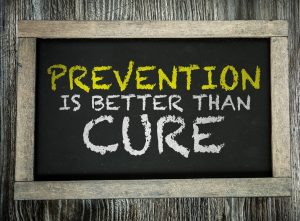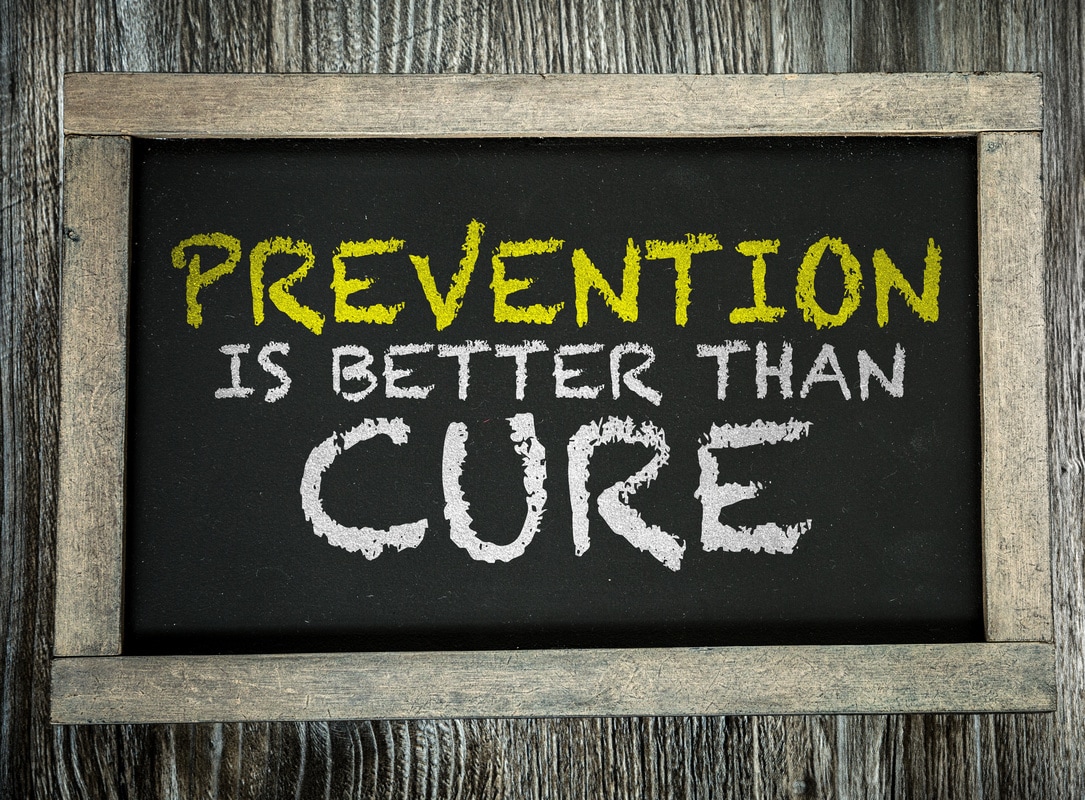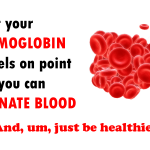Cognetivity: Invest in your future health

As the cliche goes, “Prevention is the best medicine.”
It sounds so simple, and we have all heard the advice beforeL Eat a healthy diet most of the time, workout regularly, don’t smoke, and you’re likely to prevent dire health consequences in your future. But then life happens, and we start making poor health decisions.
Why do we do this to ourselves?
At least part of the reason we don’t take our health into consideration is because there’s no way of knowing the definitive fate of our future health, and we lack the technology to tell us exactly what’s going on inside our bodies on a day-to-day basis. Even doctors don’t have all the answers; often they’re unable to tell us the root cause of our ailments, let alone how to fix them. The truth is, when it comes to our health it’s a guessing game at the best of times!
That is, until now. Cognetivity Neurosciences (https://www.cognetivity.com/) is a UK-based technology company (also listed on the Canadian Stock Exchange) that boasts a team of world-class scientists and engineers developing technology that will give you a better idea of what’s going on in your body, and exactly how various diet and lifestyle decisions affect your health.
Cognetivity’s co-founder Dr. Sina Habibi–PhD in engineering from Cambridge University—explained that his company’s mission is to use artificial intelligence to reveal information about a person’s health, to ultimately help them take necessary actions to improve and optimize it.
“We are collecting more and more data—creating an artificial intelligence engine that’s like a doctor who sees hundreds of patients every day. He’s getting more and more intelligent every day, and when we get enough data, we’ll be able to make it available to the public,” Habibi explained.
After raising more than $4 million and undergoing five years of research and development, scientific trials and data collection, Habibi’s company’s first product is ready and it dominates the news: An integrated cognitive assessment test (ICA test) designed to detect early Alzheimer’s and dementia up to 15 years before a person has any visible signs or symptoms.
It’s breakthrough technology that uses the latest neuro-scientific research and artificial intelligence, Habibi explained. A detailed explanation of Cognetivity’s ICA test—which takes only five minutes to complete—can be found here: (https://www.cognetivity.com/technology/how-it-works/).
In short, the ICA test assesses how our eyes and brain perceive images, and then how our brain analyzes that information.
“Then the artificial intelligence engine compares the information with healthy versus unhealthy brains,” Habibi explained. In analyzing the data from healthy and unhealthy brains, it can recognize if the person taking the test has an unhealthy brain or is developing dementia.
Before we get into why this test is so important, let’s quickly differentiate between dementia and Alzheimer’s: Dementia is the term used to explain symptoms associated with decreased cognitive function, logic and memory, while Alzheimer’s is the name of the disease that causes dementia.
What makes the ICA test especially revolutionary is that it engages a large portion of the brain in a single test like no other test has been able to do to date, Habibi said. Currently, the MoCA—Montreal Cognitive Assessment test—is considered the best one available. It’s the test Donald Trump bragged about doing well on. Habibi explained his company’s ICA test is five steps above the latter.
Why Alzheimer’s Matters:
- 44 million people in the world are living with dementia
- 5.7 million Americans have Alzheimer’s
- Alzheimer’s disease is the 6th leading cause of death in the United States
- More than 1 million are living with dementia in the UK
- One out of three seniors suffer from Alzheimer’s or another type of dementia
- Alzheimer’s costs the US close to $300 billion a year, and that number is rising
Why is it important to diagnose dementia early?
There’s no treatment to reverse dementia or Alzheimer’s once symptoms are present. There are some drugs that are FDA approved and designed to slow symptoms; (https://www.nia.nih.gov/health/how-alzheimers-disease-treated), however, they do not stop the disease from progressing. That being said, an early diagnosis goes a long way in helping people retain their cognitive function longer, Habibi said.
Not only does detecting Alzheimer’s in the early stages of the disease allow for a more accurate diagnosis, it also opens the door for future care and treatment and allows people to plan ahead and make important decisions while their brain is still functioning well.
Further, there’s evidence that an early diagnosis helps people live independently longer, as they’re able to better prepare themselves for the future. And if caught early enough, they can start to make positive lifestyle changes that help improve their current cognitive function and slow the progression of the disease further, including these BIG 4:
- Eat whole, unprocessed foods: It goes without saying, the healthier your diet, the healthier your body and mind will be. This 2010 study examines how the diet affects the brain: (https://www.ncbi.nlm.nih.gov/pmc/articles/PMC2805706/).
- Maintain a healthy weight: Being overweight increases you chances of developing high blood pressure and Type 2 diabetes, both of which are linked to a higher risk of developing Alzheimer’s and dementia.
- Fitness/Exercise: There’s a boatload of evidence that suggests a link between exercise and cognitive function. Check out this 2014 study (https://www.ncbi.nlm.nih.gov/pmc/articles/PMC3951958/). And, of course, the combination of fitness and diet also helps you maintain a healthy bodyweight.
- Reduce alcohol consumption: We all know excessive drinking increases your risk of all sorts of things, from heart disease to cancers of all kinds, and it can also damage your brain function.
Only the Beginning
Though his company’s five-year plan is to be way beyond just detecting dementia, it was a good place to start, and the disease meant something to Habibi on a personal level.
“I lost my grandmother to dementia. I saw how quickly it can hit you, and how limited your treatment options are once it does. Most people get diagnosed massively late,” he said. Thus, the disease is close to his heart, but still only the beginning for Cognetivity, he added.
“We are starting with dementia, but that’s just the start. We’re building a powerful artificial intelligence engine that can help you learn about your body and give you specific advice in accordance to how your body functions and how to get it to perform optimally.”
He added: “We already have some interesting data, where we have monitored healthy people even, and then we look at what happens when they change their diets, lifestyle, exercise, and how it affects their brain health. …What works for me might not work for you. We all have different bodies, metabolisms, muscle mass, and what we can do with our technology is learn about your body and get you to change stuff and then see if is has a positive impact on you. All using artificial intelligence.”
And you’ll be able to do that right on your iPhone, he explained.
“What I keep telling everyone is we have these mobile phones that are more powerful computers than what NASA had just a few years ago, but we’re still using them to watch cat videos. We should be using these superpowers in our pockets to do something useful.”
That’s what Cognetivity is all about.






